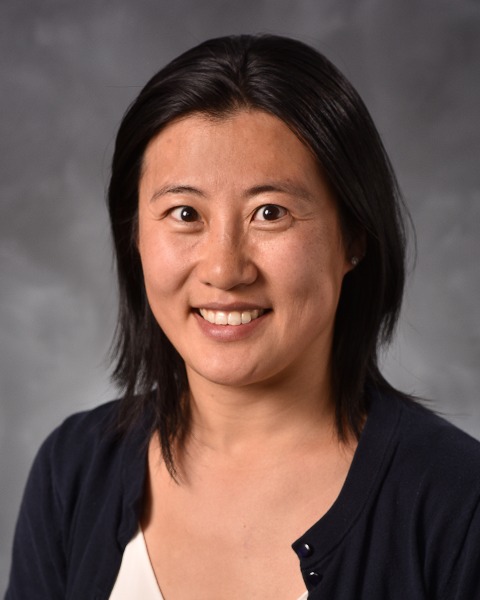
Xiaoqiao Xie, PHD, BS, MS
assistant professor
Department of Surgery, School of Medicine, UC Denver
I have over 20 years of training in neuroscience, glial biology, and neuropharmacology. My scientific training has a strong focus on glial modulation of neuronal activity and organ functions. My Ph.D. work described for the first-time homeostatic plasticity in astrocytic G-protein coupled receptors (GPCRs) signaling, which promoted my interest in studying GFAP+ glial Gq-GPCR signaling in vivo. One challenge in studying glial function in vivo has always been our inability to selectively perturb glial signaling in intact animals. During my postdoctoral training, I developed and characterized the first transgenic mouse line that enabled remote glial activation in awake animals. Using these mice, I discovered that Gq-GPCR activation in sympathetic SGCs potentiates sympathetic output and cardiovascular function. I also demonstrate the analgesic role of SGC Gq-GPCR signaling in sensory ganglia. Unlike sympathetic SGCs, Gq-GPCR activation in sensory SGCs decreases sensory neuronal excitability and reversed the mechanical hypersensitivity in animal models of inflammatory pain. Both of my finds were first reports on the neuromodulatory roles of on peripheral ganglionic SGCs in vivo.
My long-term research goal has always been to target glial signaling for therapeutic interventions. Since becoming an Assistant Professor in the Division of Urology, Department of Surgery in UC Denver, I started probing the neuromodulatory role of peripheral SGCs in bladder afferent signaling. My current funding supports the research effort on evaluating the neuroinhibitory role of Gq-GPCR activation in lumbosacral SGCs in decreasing visceral hypersensitivity in animal models of urologic chronic pelvic pain syndrome (UCPPS).
Disclosure information not submitted.

.jpg)
.jpg)